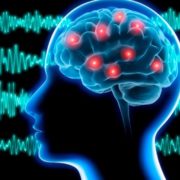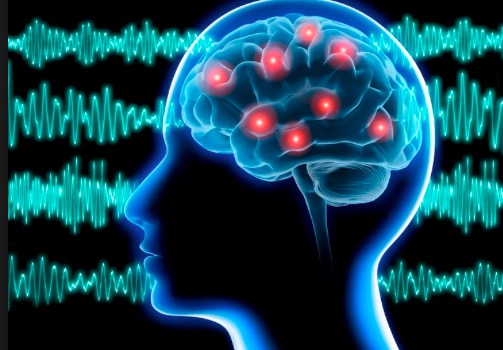5 Simple Techniques To Thrive With ADHD
5 Simple Techniques To Thrive With ADHD
5 Simple Techniques To Thrive With ADHD
Children with ADHD deserve to have the best opportunities for growth and development. That is why it is important to know simple techniques that can help improve your child’s day to day life with ADHD.
Sleep
Getting the right amount of sleep is paramount in order to have the best brain functioning capability. There are a couple of methods to improve sleep. Some key techniques to getting the right amount of sleep are sticking to strict bedtimes, not using phones or similar devices in bed and only using the bed for sleeping.
Strict bedtimes are important in order to establish a routine for your child. This helps when you build in these external controls at home. You are helping your child to experience more successes and also teaching them good habits and skills.
It has been demonstrated that using your phone before bedtime makes it difficult to fall asleep as well. This is because it prevents the production of melatonin in the body which is a hormone that controls sleep. It also keeps your brain alert to the stimuli. All of these are important facets in improving sleep which improves functioning with ADHD.
Nutrition
Although there is a debate about the effects of sugar on children, it is clear that a good diet helps brain functioning and overall health. This is why it is important to emphasize protein at every meal and eat fewer processed foods. You can monitor how your children respond to certain foods and have a better understanding of your children’s health.
Exercise
There is a difference between exercise for focus and exercise for fitness. Fast workouts called high-intensity workouts can be used. These workouts are short but have similar health benefits to long workouts. This can be The Scientific 7-Minute Workout. There are also high-intensity interval trainer apps where you can access a quick routine from your phone for your child.
The Takeaway
All of these factors are important in improving functioning for those with ADHD. Besides these important improvements to your children’s routine, it is also important to have a support system in order to make sure your child has the best possible system in place to work with their disability. Luckily, here at Pathways, we can you help establish a plan going forward specifically catered for your child’s specific needs in order to deal with ADHD in a proactive manner.
Dr. Gordon is an experienced ADHD expert. He is devoted to helping you learn more about ADHD and find solutions for each individual’s needs. Please feel free to contact us for any concerns or questions regarding ADHD about yourself, or a loved one.
The Pathways team of professionals has helped thousands of people with ADHD. We are Dedicated to effective and compassionate care for individuals with neurological challenges.
The post 5 Simple Techniques To Thrive With ADHD appeared first on Pathways Neuropsychology Associates.
Source: Pathways Neuropsychology
5 Simple Techniques To Thrive With ADHD

















